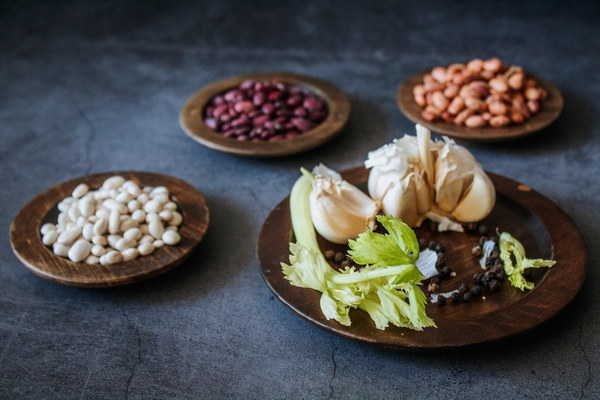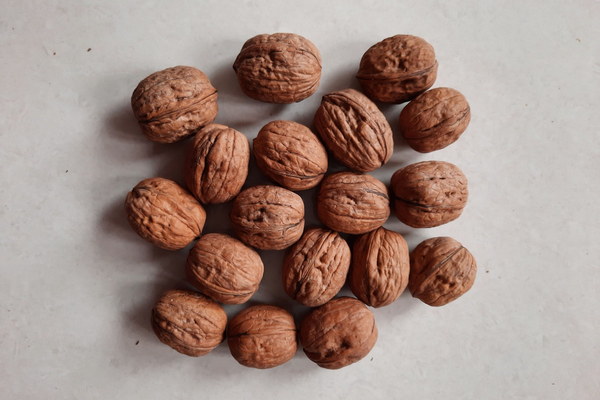The Unexpected Side Effect Fatigue After Taking Dampness-Expelling Medication
In the quest for wellness and relief from various ailments, many individuals turn to traditional Chinese medicine, including the use of dampness-expelling medications. These remedies are designed to eliminate excess dampness from the body, which is believed to be the root cause of several health issues. However, an unexpected side effect has been reported by some users: an overwhelming sense of fatigue after consuming these medications. Let's delve into this phenomenon and explore the reasons behind it.
Understanding Dampness-Expelling Medications

Dampness, in traditional Chinese medicine, is considered a type of pathogen that can lead to a variety of health problems. It is believed to be a substance that accumulates in the body due to factors such as poor diet, excessive moisture, or emotional stress. Dampness-expelling medications aim to break down this excess dampness, thereby alleviating symptoms like bloating, fatigue, and discomfort.
These medications often contain ingredients like Cang Zhu (Atractylodes), Fu Ling (Poria), and Bai Zhu (Atractylodes macrocephala), which are thought to have drying and invigorating properties. While these ingredients are commonly used and have been part of Chinese herbal medicine for centuries, their effects on the body can vary significantly from person to person.
The Side Effect: Fatigue
Despite the intended benefits of dampness-expelling medications, many individuals report feeling exceptionally tired and exhausted after taking them. This fatigue can range from mild to severe, and it may persist for several hours or even days. The reasons for this side effect are multifaceted.
1. Herbal Detoxification: Dampness-expelling medications can act as a detoxifying agent, helping to purge the body of impurities. This process can be physically demanding and lead to a temporary increase in fatigue as the body works to expel the dampness.
2. Imbalance of Qi: Traditional Chinese medicine suggests that the use of dampness-expelling herbs can disrupt the balance of Qi, or life force, within the body. When Qi is out of balance, it can manifest as fatigue and a general sense of weakness.
3. Allergic Reactions: Some individuals may have an allergic reaction to certain herbs used in dampness-expelling medications. Allergies can cause inflammation, which may contribute to feelings of fatigue.
4. Dehydration: While dampness-expelling medications are meant to dry out the body, they can also lead to dehydration. Dehydration is a known cause of fatigue, as it affects the body's ability to function optimally.
How to Minimize Fatigue
If you're experiencing fatigue after taking dampness-expelling medications, here are some strategies to help mitigate the side effect:
- Stay Hydrated: Ensure you're drinking plenty of water to counteract any dehydration caused by the medication.
- Adjust Dosage: Consult with a qualified practitioner to see if the dosage of the medication can be adjusted to minimize the side effect.
- Complementary Herbs: Some herbs may help alleviate fatigue, such as Ginseng (Panax ginseng) or Astragalus (Astragalus membranaceus). These can be added to your regimen under the guidance of a healthcare professional.
- Monitor Your Diet: Avoid foods that may exacerbate dampness in the body, such as sugary and starchy foods, and opt for a diet rich in fresh vegetables and lean proteins.
- Rest and Relaxation: Allow yourself ample time to rest and recover, as fatigue can be exacerbated by stress and lack of sleep.
In conclusion, while dampness-expelling medications can be a valuable tool in traditional Chinese medicine, it's important to be aware of the potential side effect of fatigue. By understanding the reasons behind this phenomenon and taking proactive steps to manage it, individuals can enjoy the benefits of these herbs without experiencing unwelcome symptoms. As always, it's advisable to consult with a healthcare professional before starting any new treatment regimen.









